Plum blossom SumiE by; Catchadragon- Gerard
Sunyavada; The philosophy of Emptiness
'The Wisdom for Crossing to the Other shore '(Prajnaparamita)
'The doctrine of the Void' was postulated by Nagarjuna A.D. 200 as the Madhyamika or middle way. It is a way of shattering all levels of grasping.
To live in Buddha consciousness with life is to live in direct awareness of its movement.
When Bodhidharma arrived in China in 520 he was asked by the emperor as to the merit gained by his support of many monasteries and the copying of sacred texts. Bodhidarma a ferocious looking sage replied, "None whatever your majesty."
Sunya or ' The Void ' is the nature of life according to Zen. ( "Void - empty, vacant as a space "Oxford Dictionary) The Zen masters offer an open solution to our mystery.
Discover the vacant space of life.
The appearance of stable solid form (rupa) is illusion because in time even the hardest of rocks will transform. Change ; the very thing which causes fear and worry is inevitable if we are to be alive.
The emperor then asked Bodhidharma, "What is the first tenet of Buddism ?" "Vast emptyness " replied the Zen Patriach
If we accept gratefully everything we are offered in our lives without discrimination and involvement of the emotions then we have self liberation. Contentment is when one is content with what one is and has got, as well as what one is not and has not.
The practice of Zen meditation is to go beyond duality, to be able to see things purely as they are without the interference of past memory or future expectations.
Anicca - The only truth we can hold on to is that everything is impermanant, changing so let it go. The only certainty is the all pervasive nature of uncertainty .......and that is OK
Daruma as the Japanese call Bodhidarma expressed his 'Way' in a 4 line verse
A special transmission outside the scriptures
No dependence upon words and letters
Direct pointing to the soul of man
Seeing into one's own nature
The dilemma in life is ; seeking after life itself. When we are born we are the embodiment of our 'True Nature', our original self free of ego and with it the movement of the discriminating mind. We are given everything without even having to ask....food, clothing, a name and for most of us a house and a country.
The world of a child is by nature content most of the time for he/she knows no other comparison so there is no complaints or expectations. Everything is a NEW experience. We are somehow satisfied with the food from the breast, the affection of our parents, sleep.
As we develop and grow then the mind of discrimination and desire, likes and dislikes, kindness and treachery creeps in as we grow. In the Zen Buddist scheme of things the Mind is everything. That Great wisdom mind of consciousness (prajnaparamita) is by its nature both life and death. It encompasses both sides of the coin, here and there, this and that, up and down, young and old, empty and dry, rich and poor......the Yin and Yang of the vast universe.
Everything we see and know rests on its opposite. To know sleep we must experience awakened state. Without riches we can not fully understand poverty. Unless we understand the night we can not know the day and to feel pain then we can relate to pleasure. Our lives are a constant meandering between these oscillating extremes of YIN / YANG.
Clinging on is the problem. For example if a beggar has not eaten for three days and someone gives him a loaf of bread then his hungry body and mind consumed with that desire for food will then feel mental/emotional pleasure and satisfaction in the belly. If every now and again he finds food then he does not expect more, rather he appreciates. That is the nature of the mind. If we get used to a regular meal and someone stops the flow then we get angry and frustrated as we have grown to expect the KNOWN.
The Zen experience is to live in the mind state of the fool who has a vacant mind free from expectation. Therein lay simplicity. In Asian countries monks are expected to only take what is given to them in their bowl and each day they walk the village paths and people give offerings. Acceptance is the key and appreciation the heart if this act
That mind can be our best friend or our worst enemy. In the experience of meditation one notices the fluctuations of the mind and the passions of the emotions. The practice is just to SEE without attachment and to let is all pass by.
My experience as an artist of Sumi-E Brush painting lets me flow, liberate my spirit and challenge every moment.
" When the bamboo brush rapidly moves across the rice paper the unity of time space becomes one. The brush, the paper the ink the water and the space on the paper all have a life of their own whilst being simultaneously interdependent."
Bodhi nature - direct dynamic awareness
The study of Sumi-E is the study of vacant space and the ability simplify what is apparently complex. Each picture must live and have a spirit ( the Japanese call this living essence Ki )
The role of the painter is to lose himself (wu-shin...mindless) the act of creation, then and only then will the form come from a source which is both ONE with , and higher than himself.....the supreme, the living, the immortal, the liberated, the sacred, the unspoken, and mysterious self ..............- Bodhi nature
'The wild geese do not intend to cast their reflection;
The water has no mind to receive their image.'
Zen Poem Unknown author
Catchadragon - Gerard
The Wave by Catchadragon

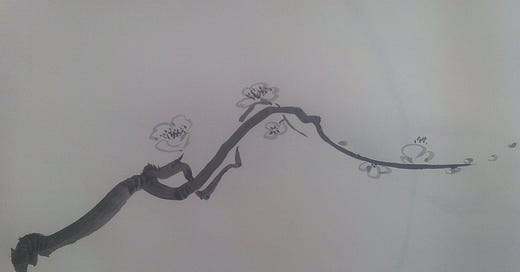



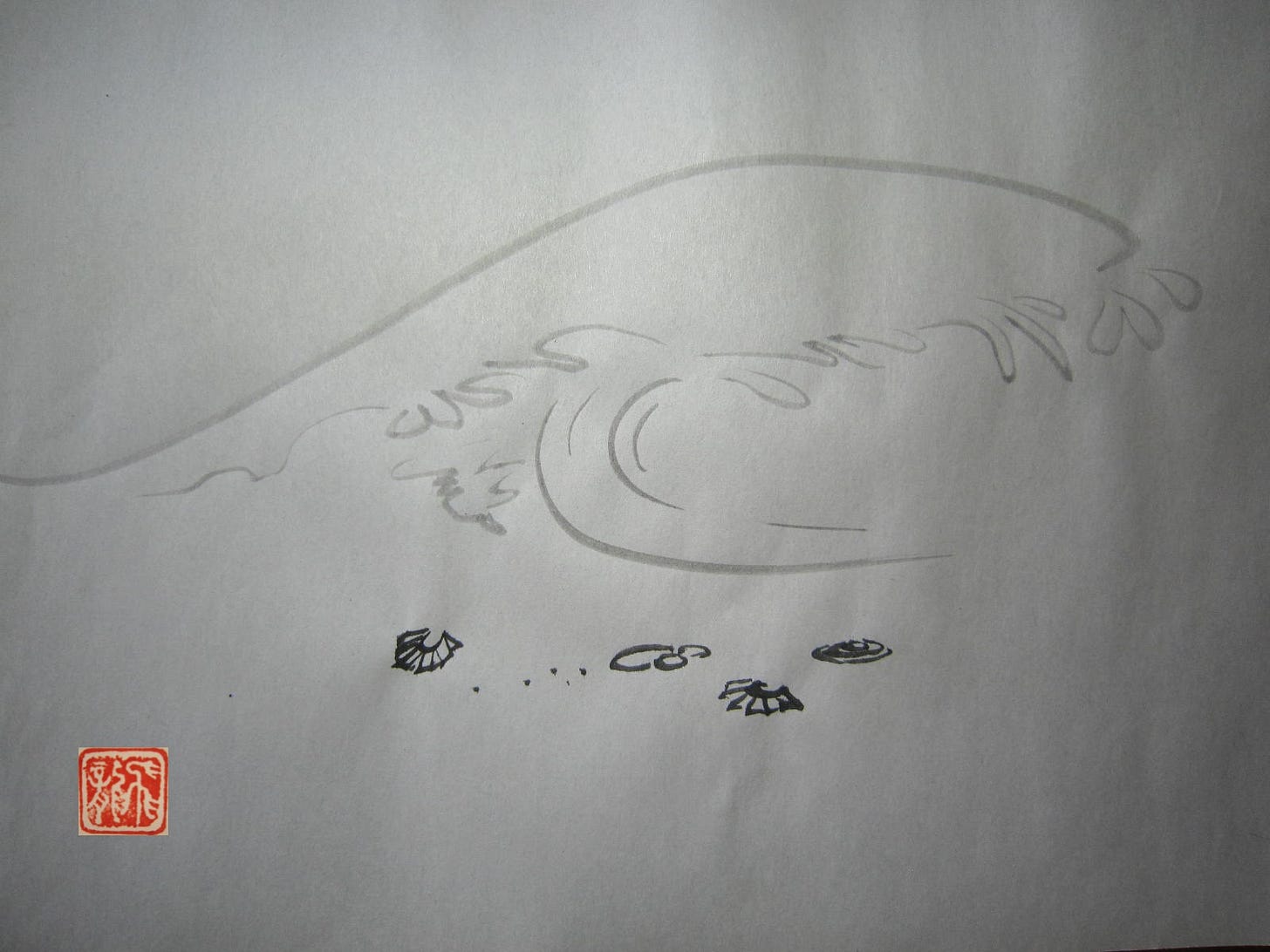


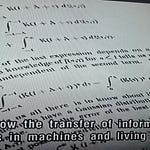

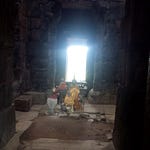

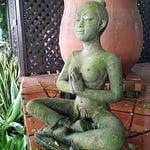

Share this post